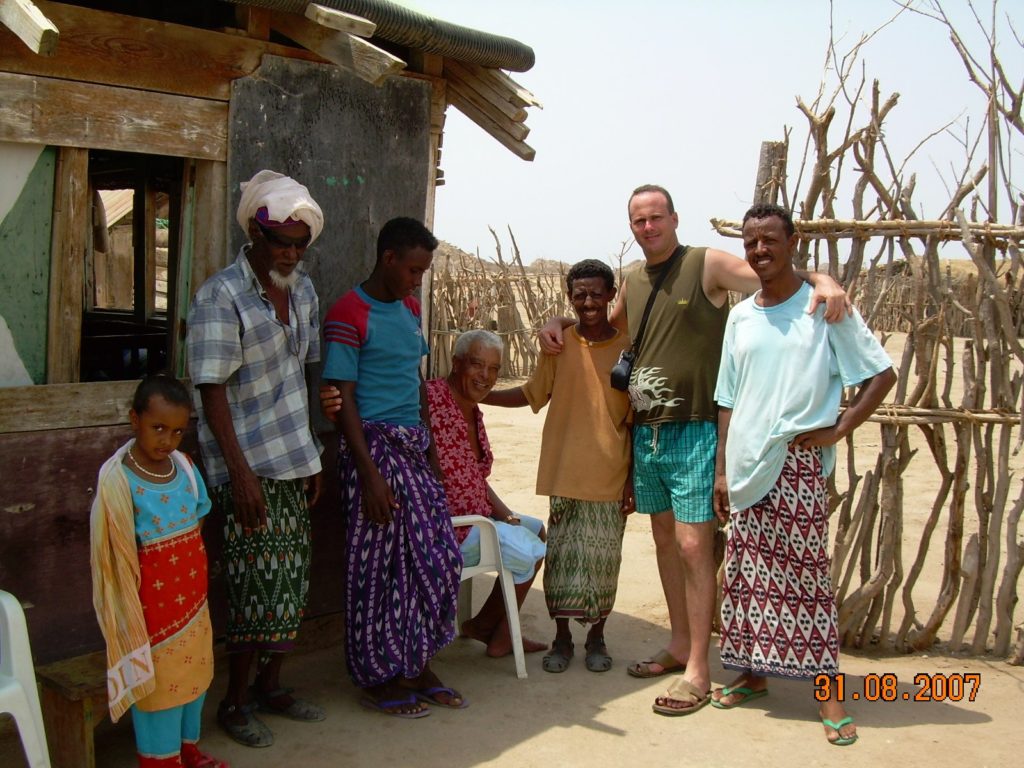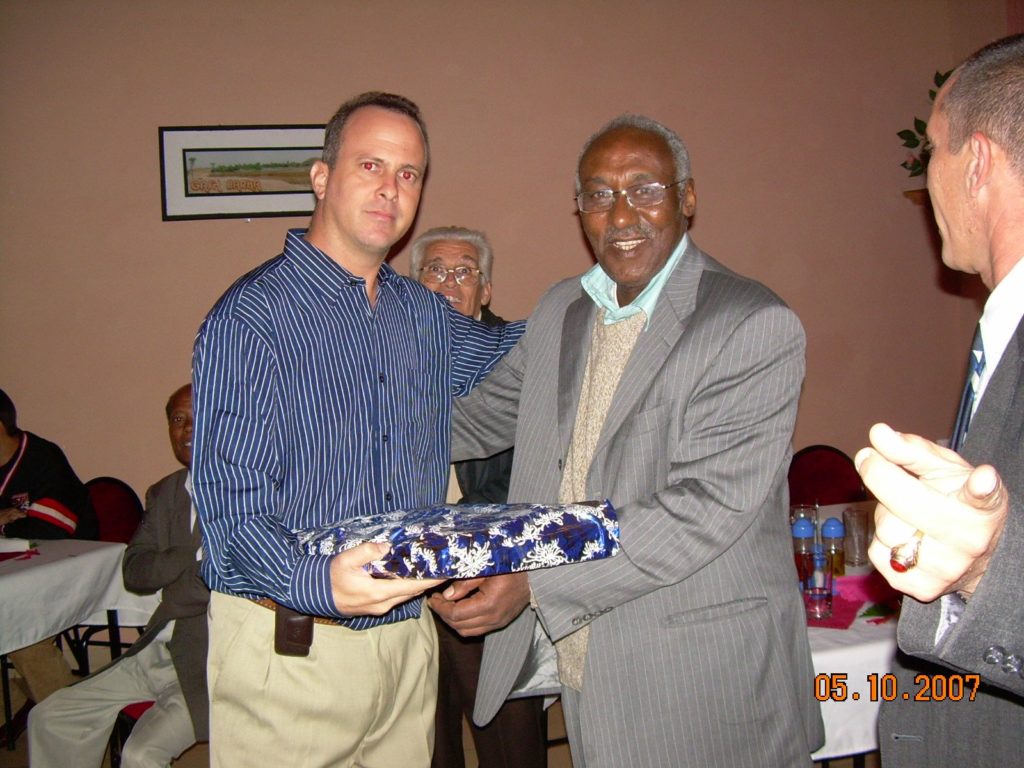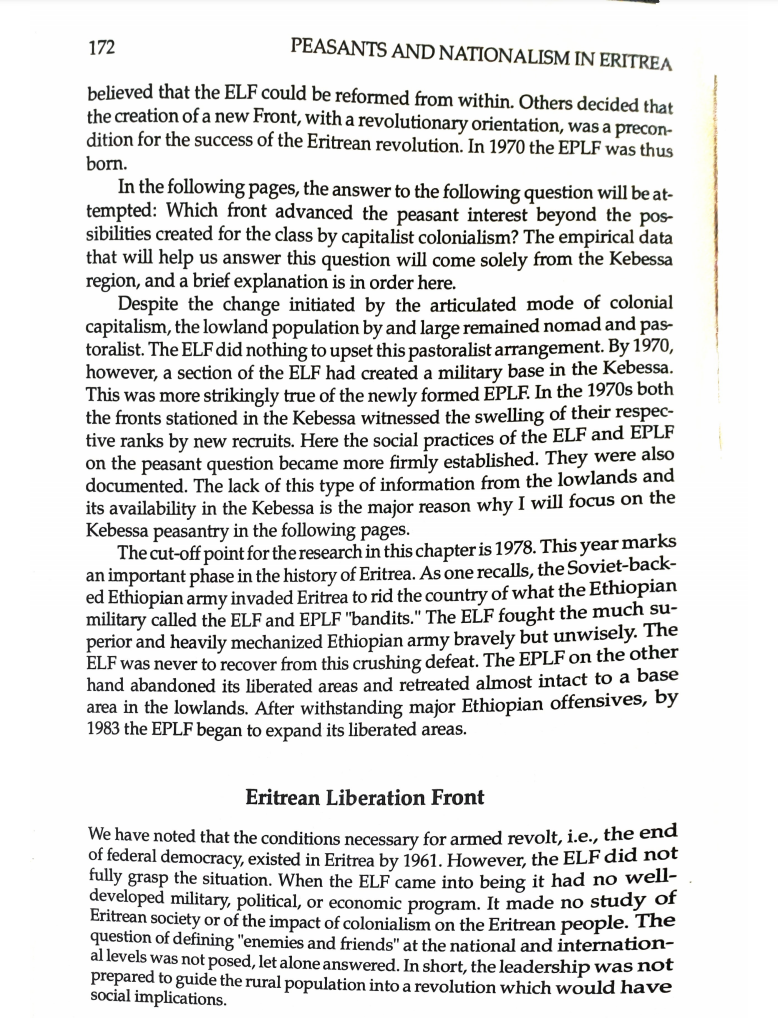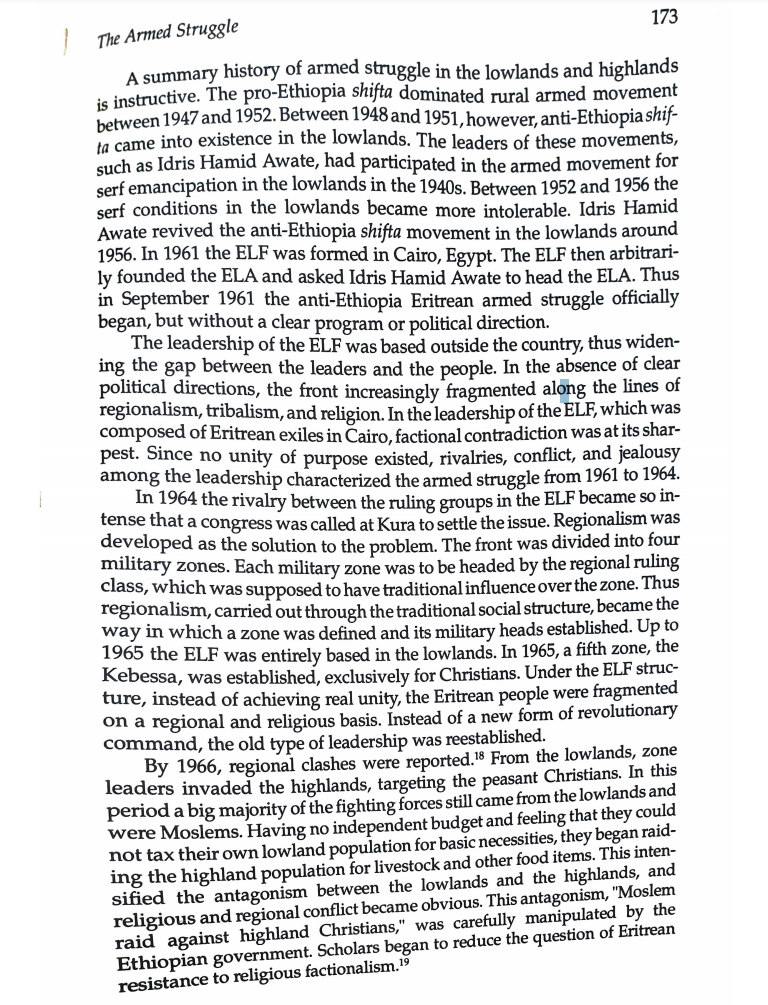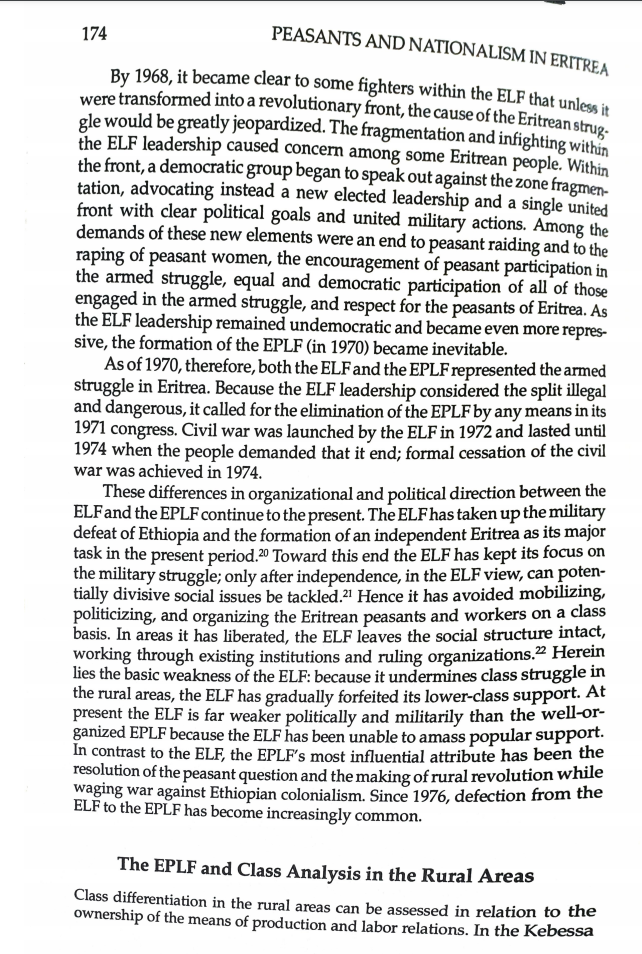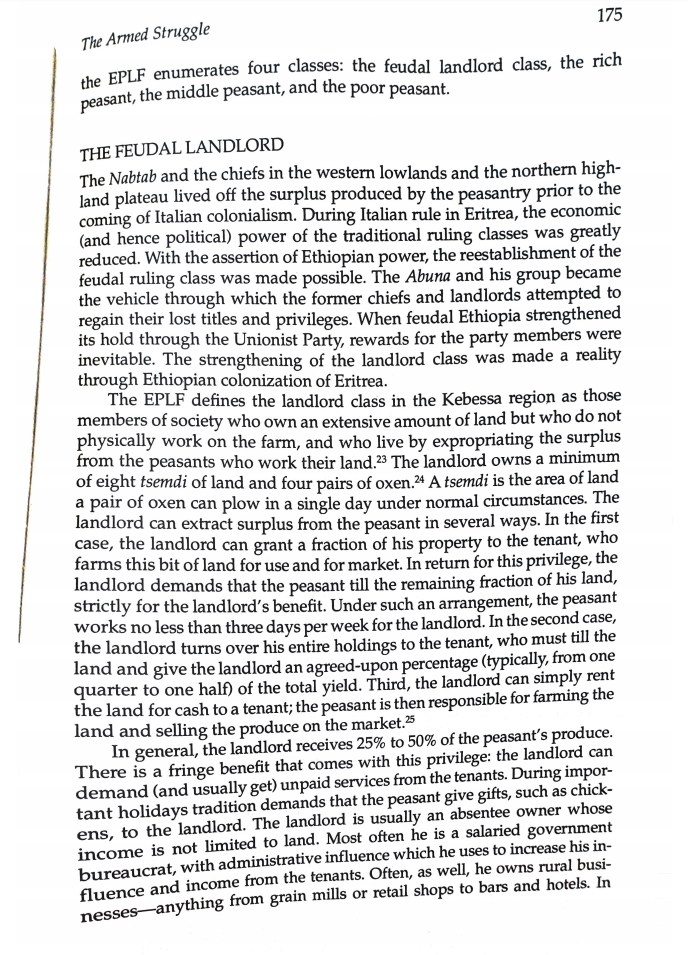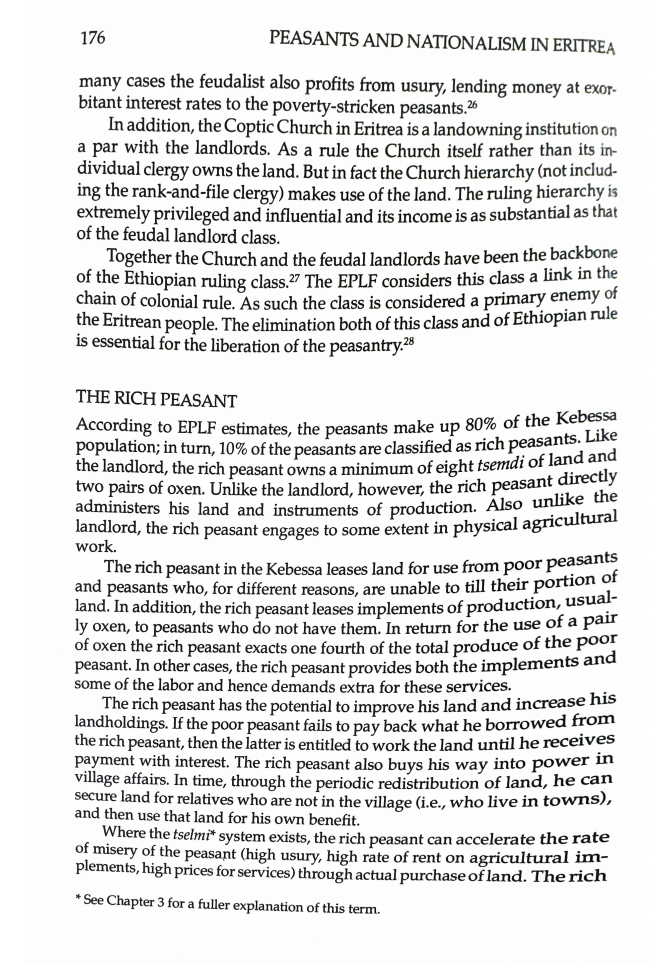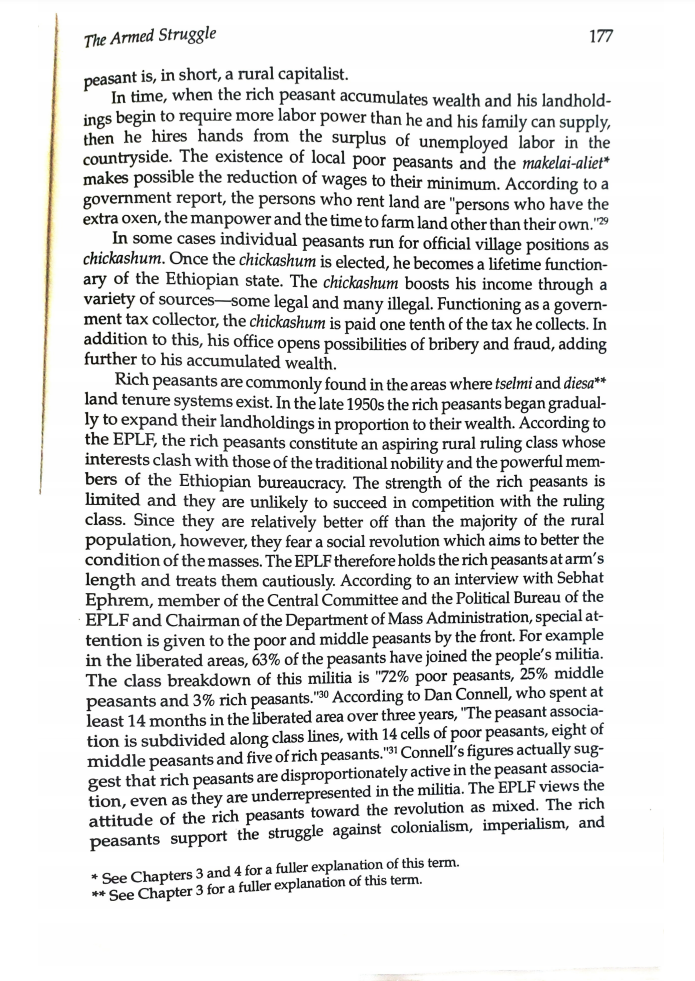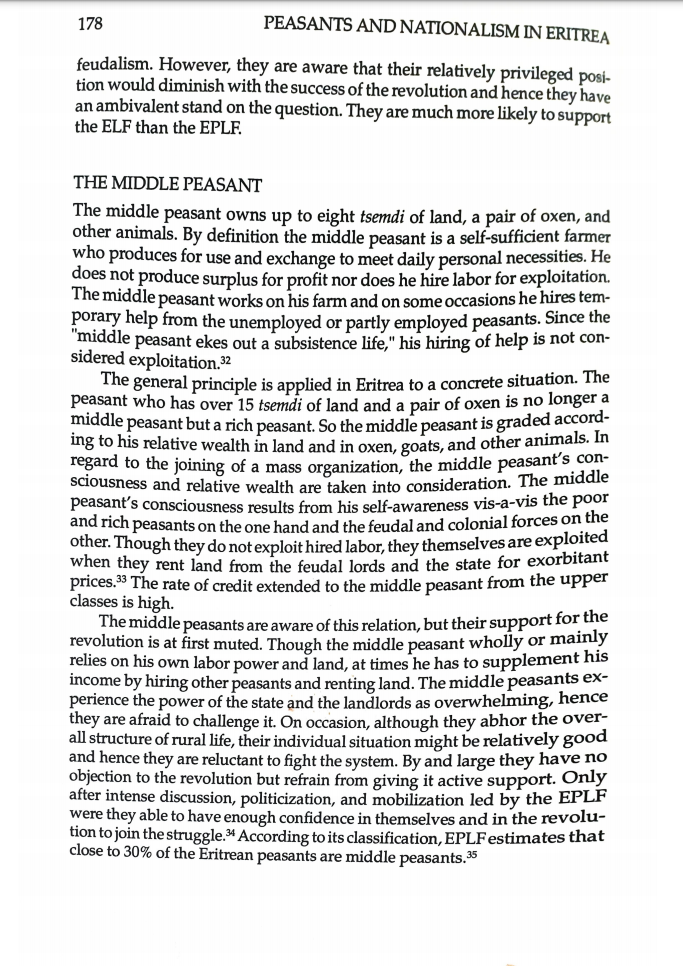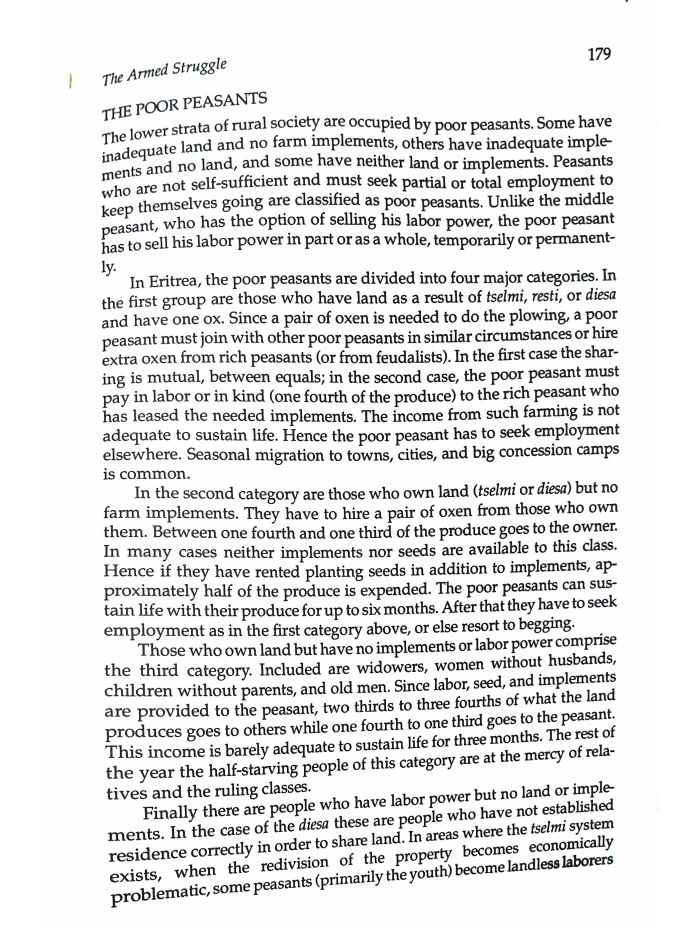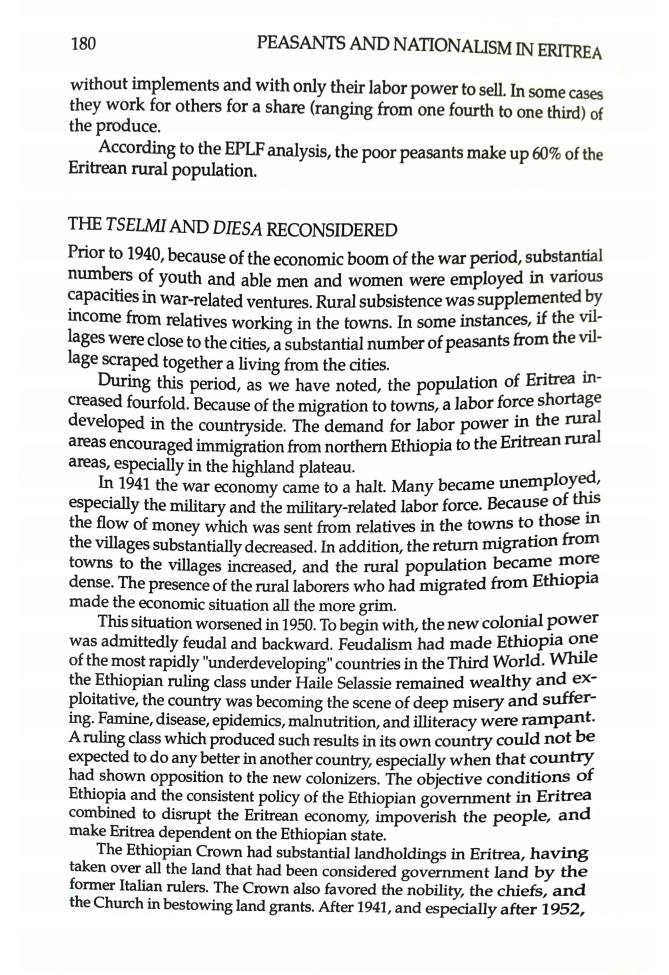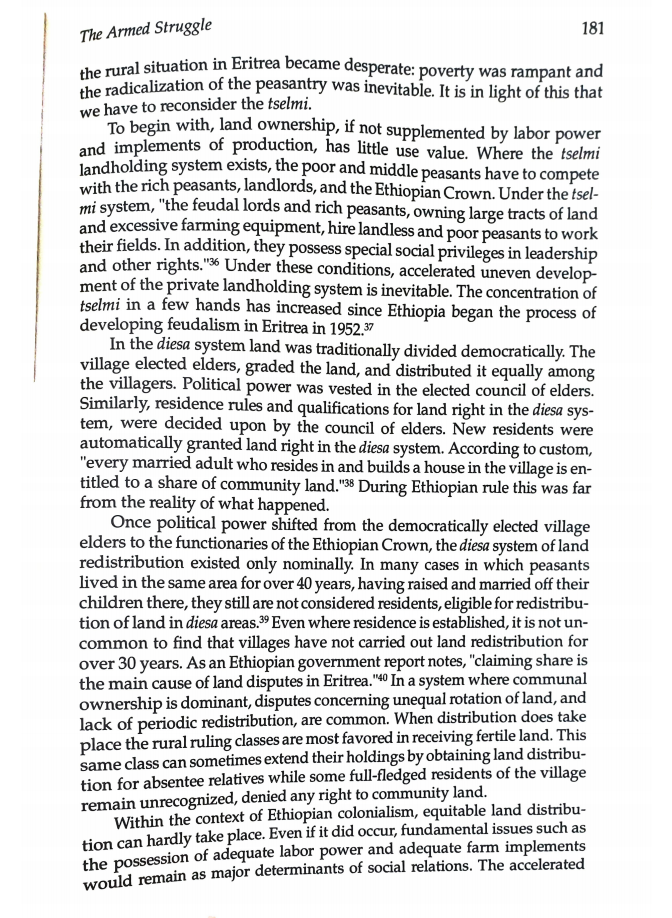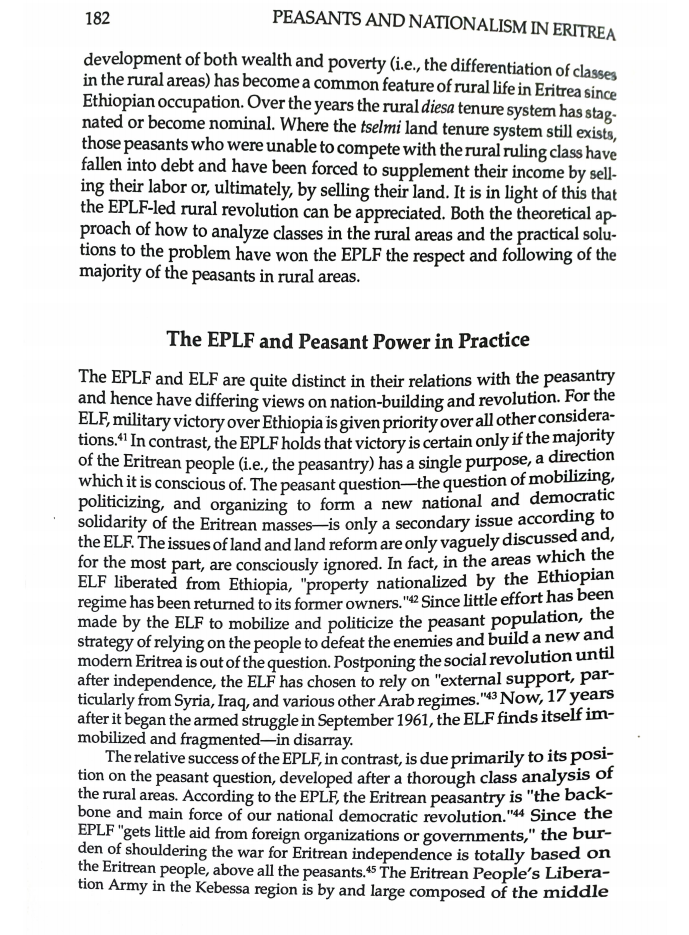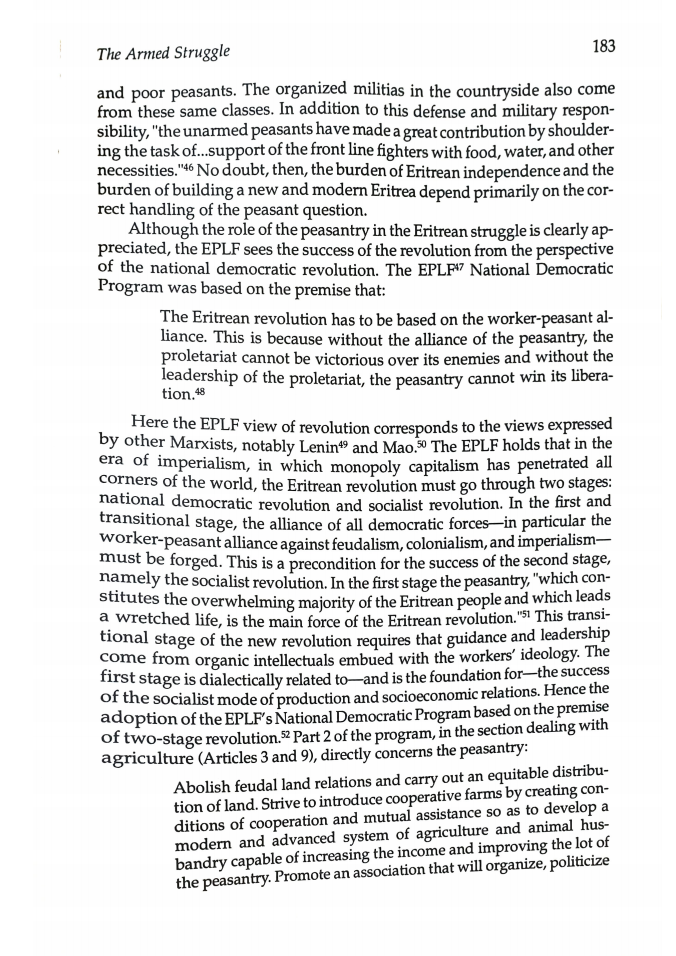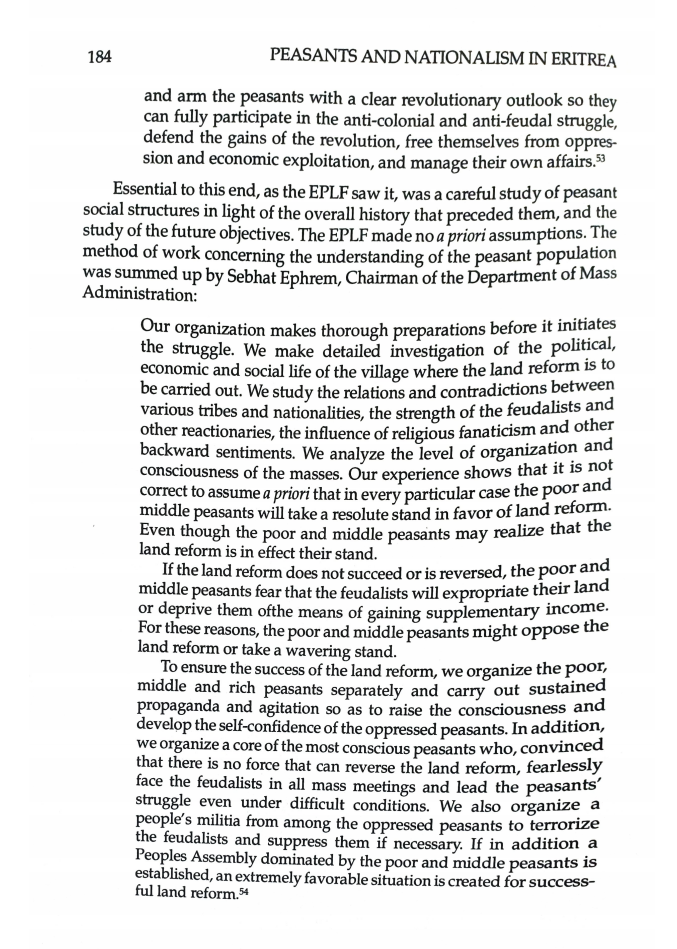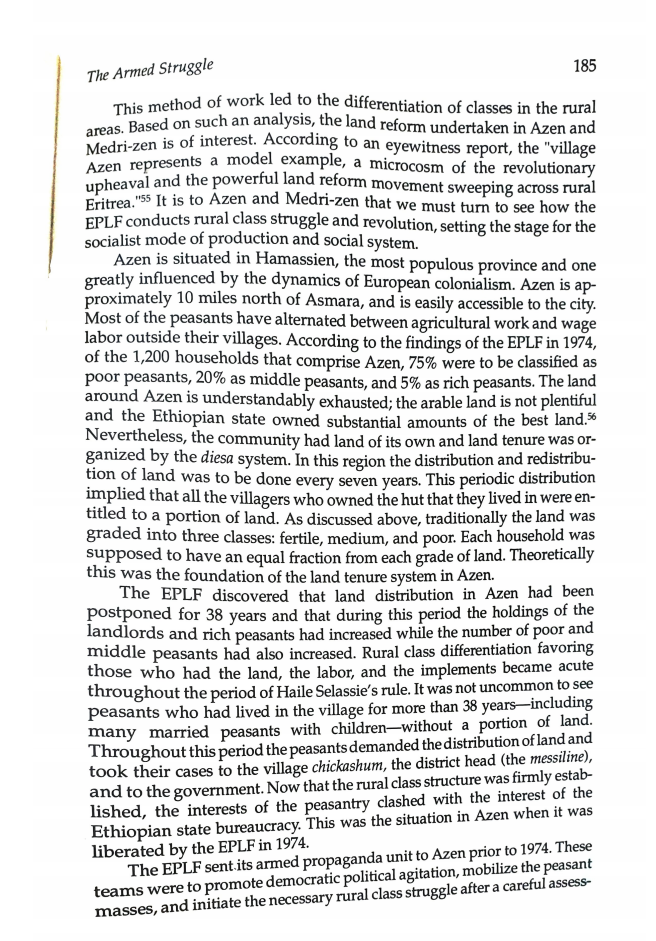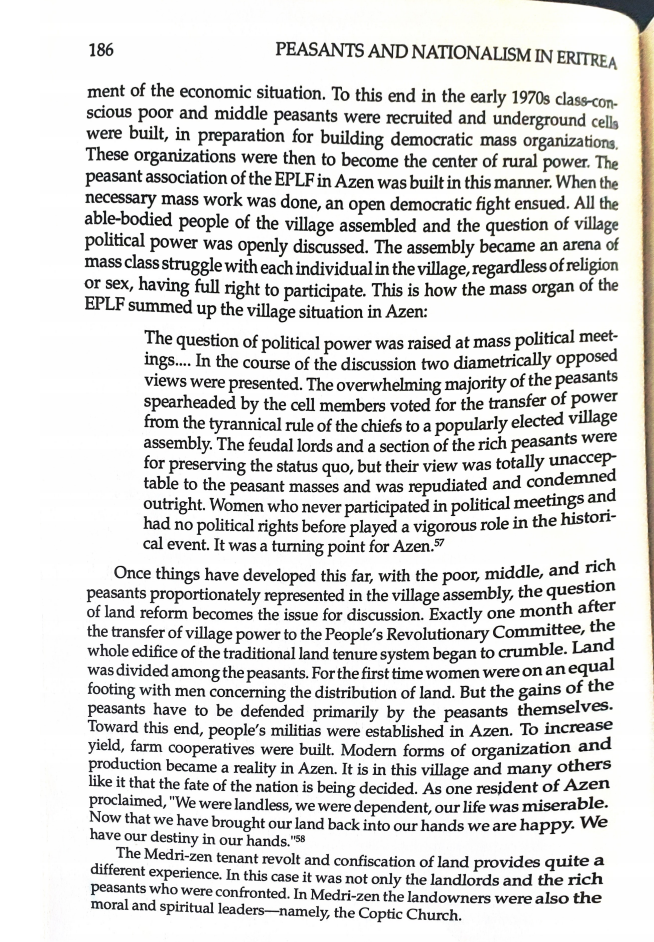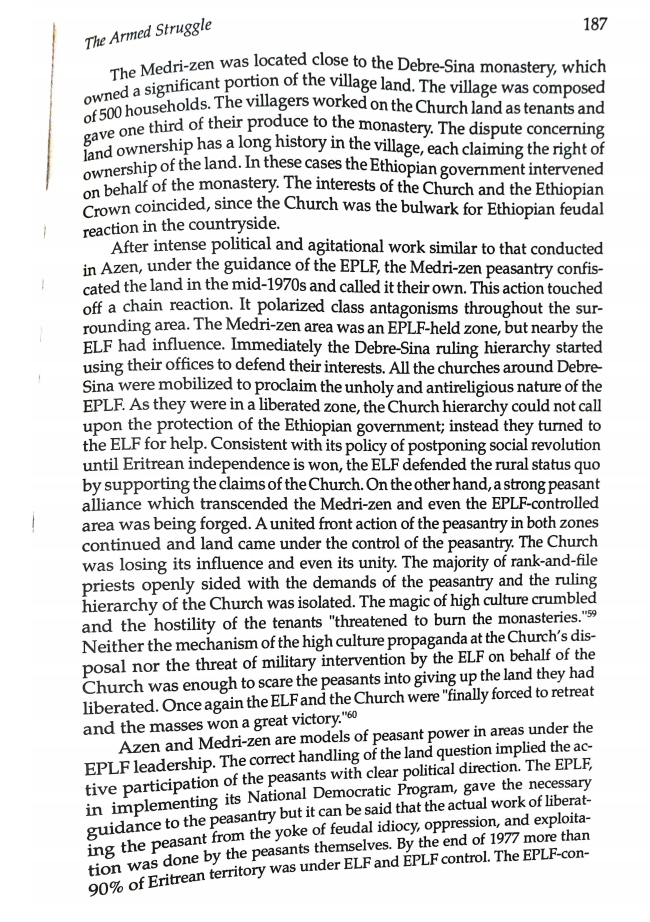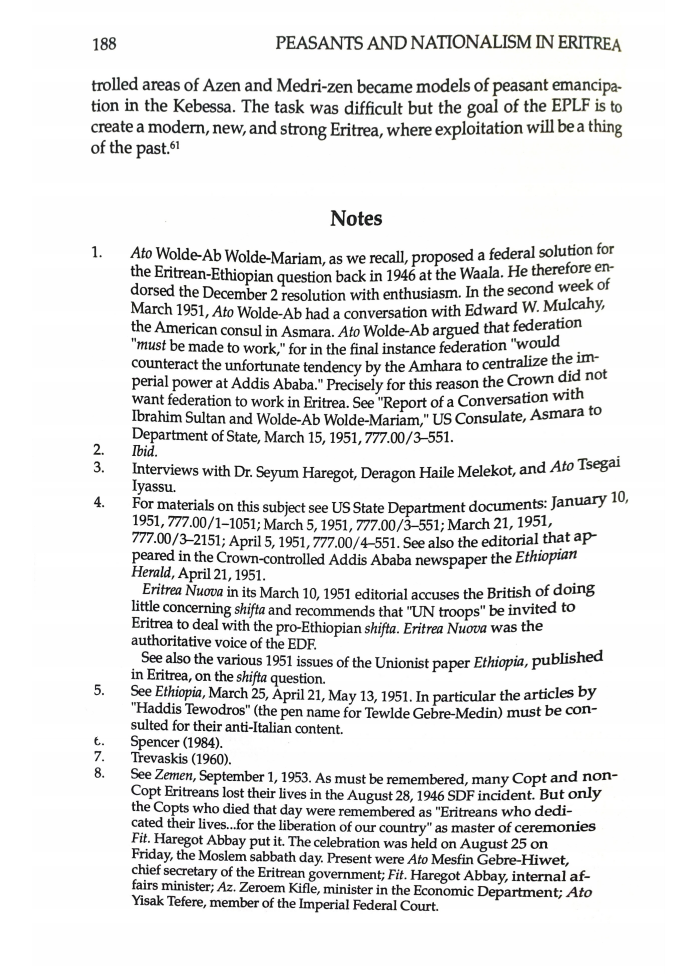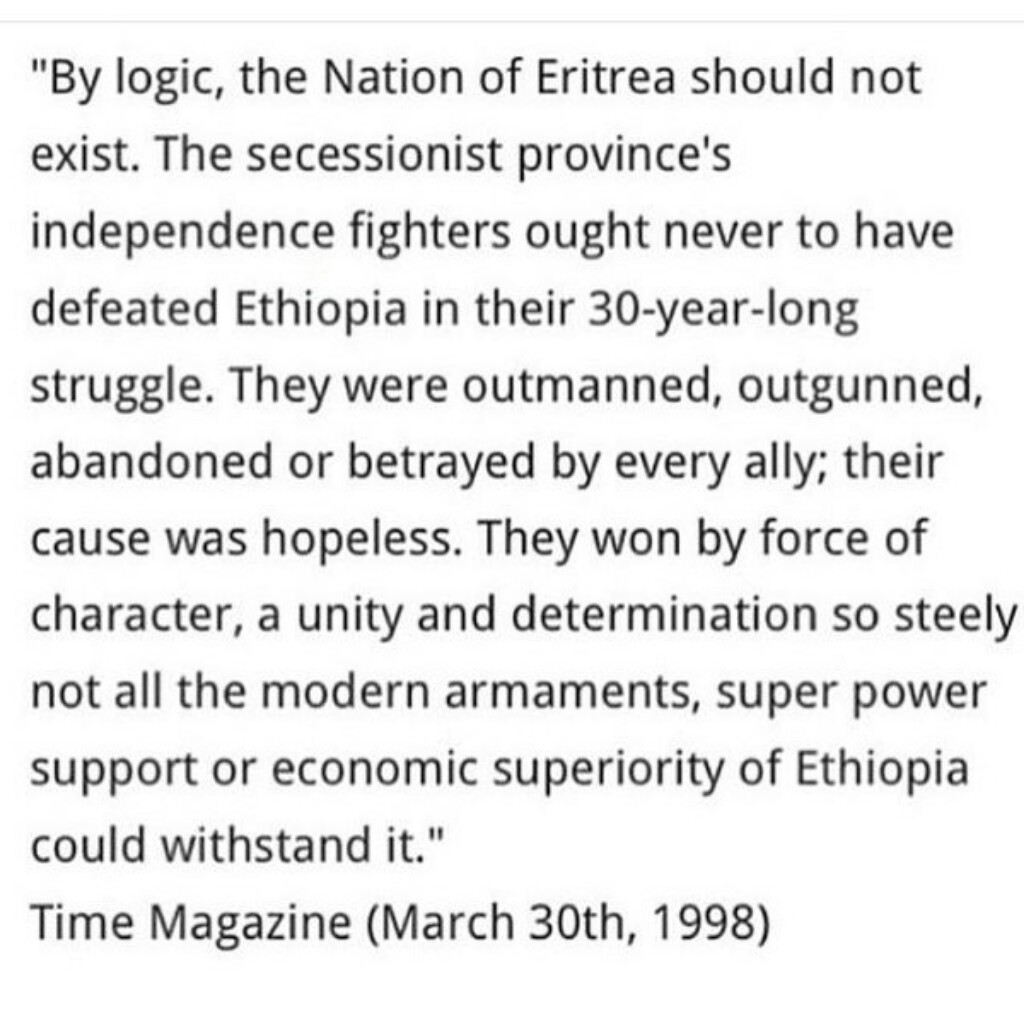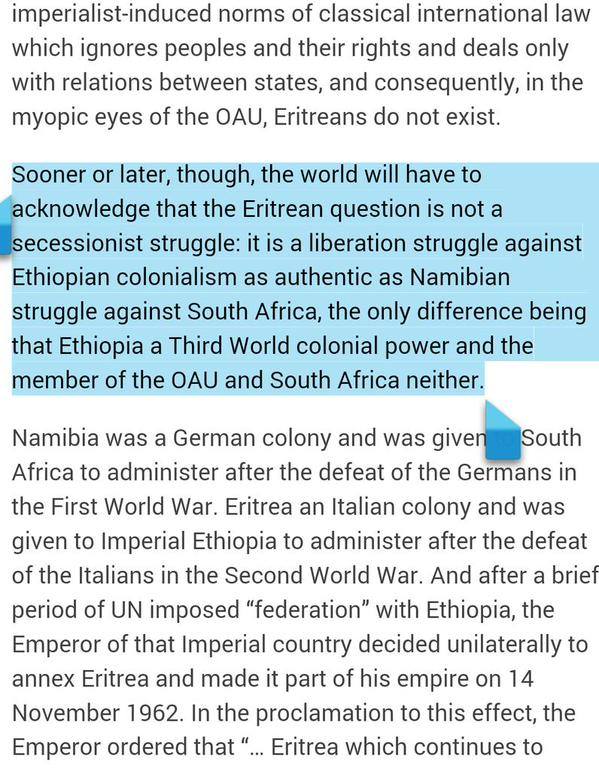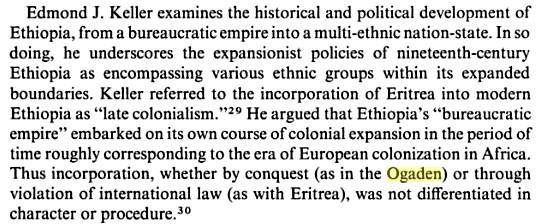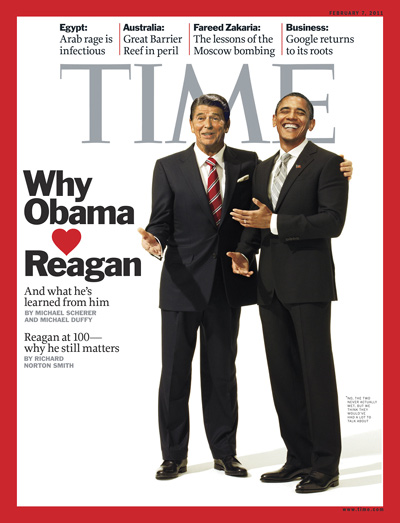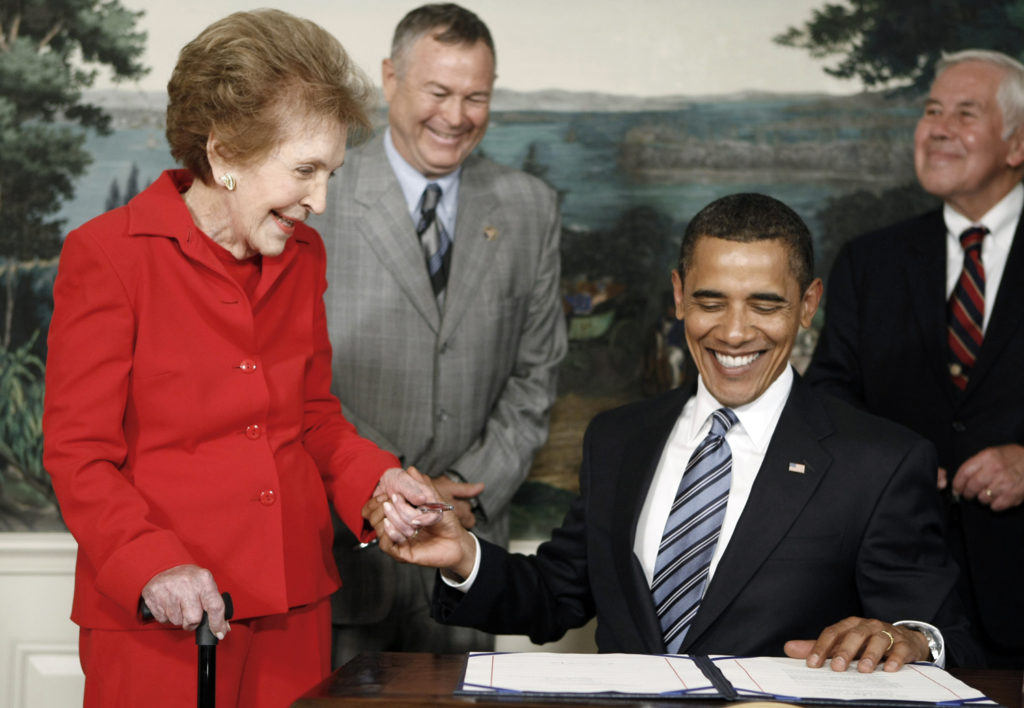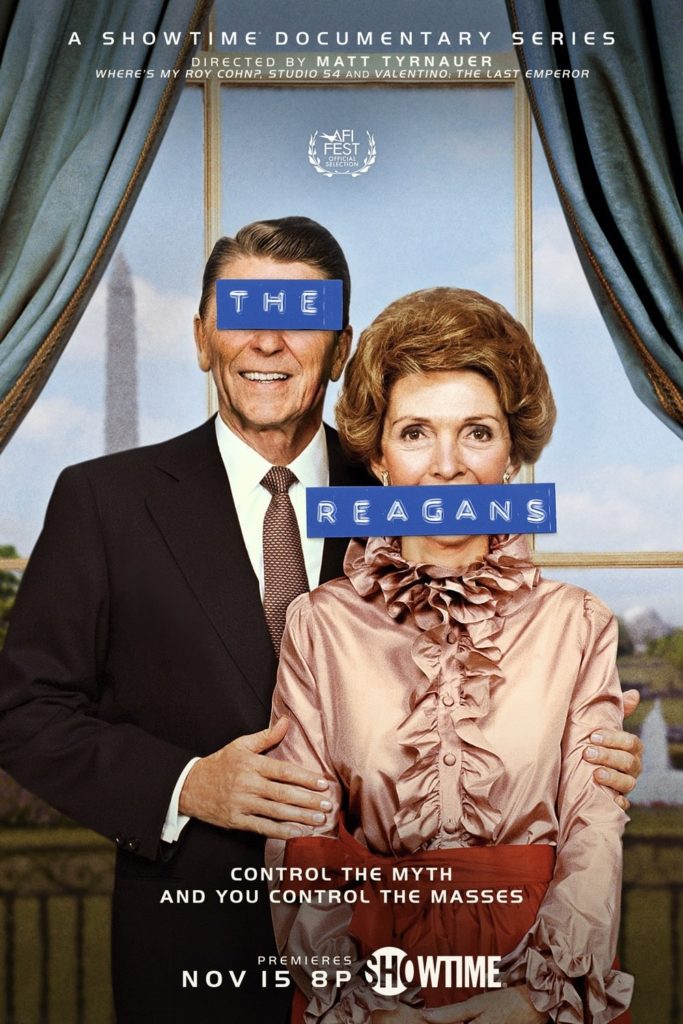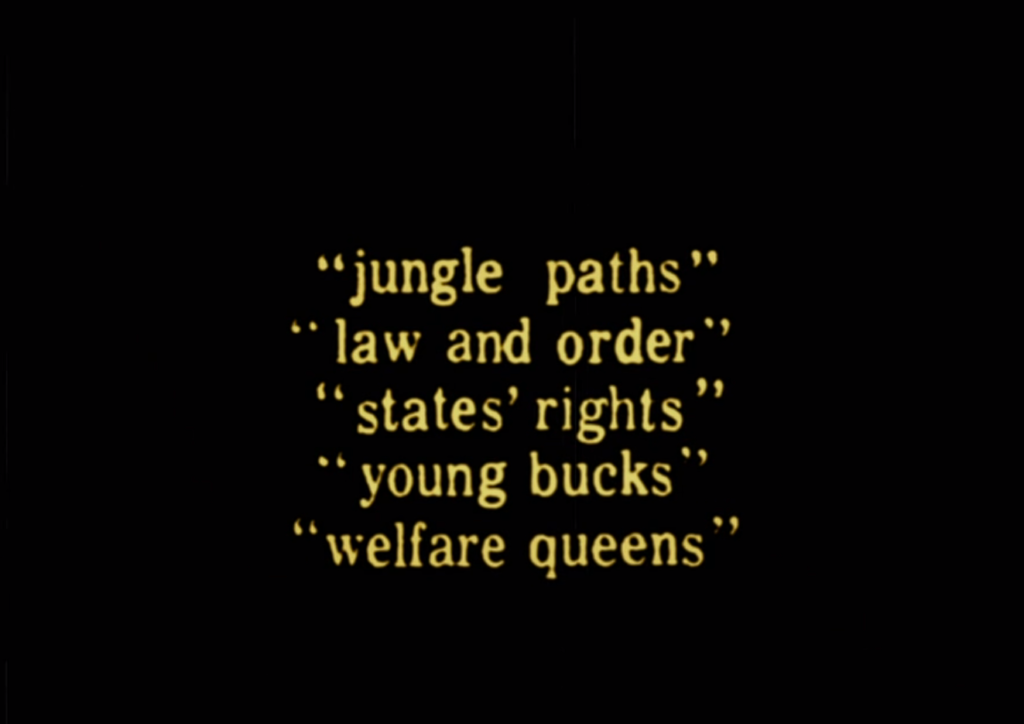Why Is There an Issue with Current Pan-African Content?
Popular Pan-African social media accounts often obfuscate ideological messaging by emphasizing personalities, thereby shifting the narrative away from the collective focus on the socialist roots of Pan-Africanism. These accounts condition followers to hyper-focus on individual figures rather than on the collective masses and their ideological push for collective liberation. This approach creates a sanitized version of Pan-Africanism centered on emotions, identity, and exclusion while presenting a diluted third-way ideological perspective that neglects the principles of anti-imperialism, class struggle, and socialism.
These anonymous accounts influence people’s understanding of Pan-Africanism, steering it away from its core principles of socialism, collective liberation, empowerment of the masses, and scientific theories. Instead, they portray Pan-Africanism as disconnected from organized movements and the masses, pushing it towards liberalism, electoral politics, and even normalizing neo-colonial leaders who co-opt anti-imperialist rhetoric.
This narrative also normalizes historical views of monarchies and overlooks the class struggles that Africans have endured. For example, some accounts misrepresent Ethiopian history by romanticizing figures like Menelik II, the Battle of Adwa, and Haile Selassie. This romanticization normalizes the feudal monarchy and obscures the complex class dynamics of that era, as well as the European role in the creation of the Ethiopian state.
Moreover, by focusing on personalities, these accounts often engage in hero worship of client leaders like Paul Kagame, Meles Zenawi, or Yoweri Museveni, equating them with revolutionary figures such as Thomas Sankara, Kwame Nkrumah, and Abdulrahman Babu. This false equivalence harms the focus on the collective struggle of the masses by conflating neo-colonial leaders with true Pan-African revolutionaries dedicated to anti-imperialism and socialism.

Additionally, some accounts promoting the Alliance of Sahel States (AES) have increasingly aligned with white alt-right factions and pseudo Pan-Africanists. These individuals dilute the core socialist messaging of AES by selectively filtering news to highlight social issues that appeal to white conservative and alt-right audiences. This shift undermines the egalitarian goals of AES and diverts attention from the core ideological messages impacting African communities. By associating AES with alt-right trends, these accounts discredit the movement’s effectiveness and solidarity.
The Non-Sanitized Version of Pan-Africanism
The non-sanitized version of Pan-Africanism, from which these accounts divert attention, is grounded in the principles of socialism, anti-imperialism, and collective liberation. This form of Pan-Africanism emphasizes the following key aspects:
“The application of the philosophical principles of dialectical and historical materialism to the African crisis of national oppression and class exploitation that African people have experienced and continue to experience throughout the world. It is a revolutionary, ideological framework geared toward addressing the problems that Africans face, with its ultimate objective being Pan-Africanism—the total liberation and unification of Africa under an all-African Socialist Government. As Nkrumah (1970: 88) concludes, “This must be the primary objective of all black revolutionaries throughout the world.” According to Nkrumah, all black people of African origin are Africans, their only home is Africa, and only when Africa is free (i.e., liberated, unified, and socialist) will Africans throughout the world be free (Nkrumah, 1970: 87-88; 1973: 421-431).”
The Issue with Dwayne Wong
Dwayne Wong is one of the hyper-visible self labeled Pan-African account relentlessly promoting liberal campaigns, including targeting Eritrea with pro-State Department talking points for years. Recently, he has rebranded himself as a critic of AFRICOM and often co-opts socialist and Marxist revolutionary thoughts on Twitter, misleading audiences about his actual ideological leanings. Wong launders third-way ideological persuasions by pretending to align with socialist-oriented African theorists and anti-imperialist analysis.
On his Facebook page, Wong has consistently promoted pro-State Department talking points targeting Eritrea and pushing NED/Amnesty-linked activists. Read more here.
This raises questions about whether Dwayne has genuinely shifted his views on Eritrea, the only African state that has resisted cooperation with AFRICOM, or if he is opportunistically laundering pro-State Department sentiments under the guise of Pan-Africanism. If sincere, he should apologize to the Eritrean state and distance himself from NED-connected activists from Togo to Eritrea. However, he has not done so, and it seems unlikely that he will.
Dwayne Wong Promotes Both-Sidesism and Romanticizing Abyssinian Feudalism
Wong promotes both-sidesism by redeeming narratives that favor Abyssinian feudalism and the Greater Ethiopia mythology. He does this by presenting a redeeming framing that pretends to criticize the genocide, conquest, and subjugation by Menelik and other Abyssinian feudal monarchs, while simultaneously speaking positively about them.
Dwayne Wong Promotes Outdated Views of Pan-Africanism and Ethiopia
Dwayne Wong clings to outdated and incorrect views from previous generations, such as those of Marcus Garvey and John Henrik Clarke, who romanticized Ethiopia. These outdated perspectives are based on emotions and identity rather than scientific analysis, overlooking how Ethiopia was formed, who was conquered, why it was created, and who benefits from it. The internal struggle between the feudal monarchy and the oppressed nationalities and working class must be addressed. We need a forward-thinking, ideologically sound lens that promotes scientific and collective emancipatory perspectives.
Dwayne Wong Promotes Ford Foundation-Linked Activists from Togo
Dwayne Wong promotes Farida Bemba Nabourema, a Togolese social activist who self-identifies as a Pan-Africanist. According to her website and the Ford Foundation, she holds several prominent positions:
- 2021 Jennings Randolph Senior Research Fellow at the United States Institute of Peace, researching gender-based repression in nonviolent movements in Africa.
- 2020 Freedom Fellow at the Human Rights Foundation.
- Adjunct Professor at the Joseph Korbel School of International Studies, teaching “Authoritarianism in the Digital Age.”
More information on the Human Rights Foundation’s connection to the State Department can be found here.
What Does the Ford Foundation Have to Do with Pan-Africanism?
Farida Bemba Nabourema’s association with the Ford Foundation raises questions about its relevance to Pan-Africanism given the Foundation’s history. Although Naomi Klein is a discredited figure today, her 2008 book ‘The Shock Doctrine’ exposes the Ford Foundation’s connection to the CIA, as referenced on www.wrongkindofgreen.org. The Foundation played a pivotal role in creating the Center for Latin American Studies at the University of Chicago, which became the breeding ground for the “Chicago Boys,” a group of neoliberal economists led by Milton Friedman. These economists formulated the “shock doctrine” and later applied it in Chile. They advised General Augusto Pinochet following his CIA-supported coup, which overthrew President Salvador Allende’s socialist administration.
In “The Shock Doctrine,” Naomi Klein also detailed the Ford Foundation’s support for the “Berkeley Mafia” at the University of California. These Ford-funded students advised General Suharto’s junta and played a key role in the 1965 overthrow of Indonesia’s socialist government, working closely with the military to topple President Sukarno.
Today, the Ford Foundation support liberal causes like anti-authoritarian African activists like Farida Bemba Nabourema. At the same time, they fund organizations advocating for regime change in Latin America and the Middle East, such as Freedom House and The Syria Campaign, promoting US interventions.
George Jackson’s “Blood In My Eye” on Rejecting Dwayne Wong’s Anti-Marxist Ideological Persuasion
George Jackson, in “Blood In My Eye,” clearly articulates the issue: “I talked to several black lawyers when I got this last case of pig killing hung on me. We started off agreeing, but they abandoned me the moment I attacked Anglo-Saxon law, capitalism, and the Blues, and then went on to recognize Black Panthers, Kwame Nkrumah, Sekou Toure, Nyerere, and Odinga instead of Kenyatta, Lumumba instead of that little punk in Ethiopia, and Peking instead of Atlanta or Freetown. That will be your main source of opposition—the black running dog. But it’s unfair to automatically condemn a black person for not understanding economic and political subtleties; some are simply confused in an honest way. Some of the arguments they pose will center around the despondent cliche that “Africa will invent something unique, it won’t be socialism, communism, or capitalism.” Often they’ll leave out the denunciation of capitalism altogether. You must explain the economic motive of human social history and bring out that there are only two ways by which societies can ever be governed and organized for production of their needs: the various types of totalitarian methods represented by assorted capitalist and fascist arrangements, and the egalitarian method. Egalitarianism is people’s government, and people’s government and economics is socialism, dialectical and materialist. How else can societies be governed? There must be hierarchies or the elimination of hierarchies. Then show that the greatest contributions to egalitarianism came from Africa, the greatest and the first examples.”
Attempt to Engage in Good Faith Criticism Privately Was Rejected by Dwayne Wong
In 2018, I attempted to send him a message expressing how his views on Eritrea were harmful and politically insensitive. Instead of considering my perspective or showing understanding, he blocked my account from commenting. This behavior demonstrates his hostility towards the Eritrean community and other nationalist groups in the Horn of Africa who hold anti-imperialist views and critical perspectives on Ethiopia. He continues to romanticize Ethiopia, uphold figures like Menelik, Haile Selassie, and promote the Greater Ethiopia mythology, disregarding critical perspectives from the region.He continuously promoted pro-State Department talking points targeting Eritrea for years.
In Conclusion We Must Reject Dwayne Wong Version of Pan-Africanism
Why does a hyper-visible account that quotes Kwame Ture and other revolutionary Pan-Africans, using their intellectual work and credibility to build a brand, reject their ideology? What does promoting an activist linked with the Ford Foundation, given its history, have to do with true Pan-Africanism? How does promoting an Eritrean activist linked to Amnesty International and the Human Rights Foundation align with Pan-African principles?
Social media content and messaging that exceptionalize Ethiopia, as Dwayne Wong has done, cannot rally the workers of the Horn of Africa or instill fraternal unity. Instead, it damages trust in Pan-Africanism as a scientific tool of analysis and forward toward collective unity. This is not a personal issue with Dwayne Wong; it is an ideological criticism made in good faith and supported by evidence.
True believers in Pan-Africanism, as a tool for liberation, socialism, class struggle, and anti-imperialism, understand the dangers of romanticizing feudal Abyssinian monarchs. These monarchs were enslavers, collaborators with Europeans, and upheld white supremacy ideals while conquering other African lands and peoples. This romanticization fosters suspicion towards Pan-Africanism among various nationalities in the Horn of Africa, damaging its scientific reputation and associating it with reactionary monarchs rather than the liberation of oppressed nationalities and collective struggle.
The people of the Horn of Africa cannot align with a version of Pan-Africanism that includes pro-State Department talking points and advances imperial aggression while promoting a romanticized view of feudal Abyssinian slave-owning, European-backed monarchy. True Pan-Africanism should be forward-thinking, scientific, and free from reactionary persuasions.
We must believe in Pan-Africanism as a solution without falling into the traps of reactionary ideologies. Pan-Africanism must be grounded in principles of socialism, anti-imperialism, and collective liberation to truly serve the people of Africa.

